Why I Love Sleep Tracking
I’ll admit that I’m a bit of a data nerd. If I can measure it and I can track it, I’m usually pretty into it (unless “it” is a scale, but that’s another story for another time).
As far as I can tell, when it comes to fitness trackers there are two types of people. The first is the group that believes that fitness trackers help and make us more active. The second is a group that believes fitness trackers are, for lack of a better term, useless.
I fall into the first camp. To me, fitness trackers are similar to many things in life: you get out of it what you put in. If you believe in it and you use it, fitness trackers can be amazing tools to help you achieve your goals.
A few months ago, I won an UP2 by Jawbone. I belong to the “OMG I NEVER WIN ANYTHING” club, so I was ecstatic from the beginning. I’ve found it to be a helpful tool that lets me know when I need to take a few more steps in a day (and it reminds get up from my desk once in a while), but my favorite aspect by far is the sleep tracking. Sleep tracking (for me) is a game changer, and here’s why.
1. It tells me to go to bed
I know it sounds silly, but most of the time I stay up for no reason (because I’m an adult, and I can do what I want, damnit!)
When I was in high school, my parents would gently remind me that I should start getting ready for bed. These days, I don’t have anyone nudging me or telling me that it might be a good idea to stop creepin’ on Instagram and catch some zzz’s.
My UP2 vibrates on weeknights 30 minutes before my set bedtime. It’s wonderful. Without the reminder, I lose track of time more often than not; with the reminder, I (often) obediently brush my teeth and put my PJs on (OK, they probably were already on the moment I got home).
Don’t have a fitness tracker? Set a recurring calendar reminder on your phone for weekdays at a certain time (try for eight hours before you normally wake up). It seems like a very simple thing, but trust me, it can make a huge difference.
2. It makes me competitive… with myself
I was totally that kid that freaked out about grades. I cared more than my parents did about A’s and B’s; it’s a fact, you can ask them.
I’ve found I’m the same way with sleep. Without sleep tracking, I didn’t know what my “grade” was, so I usually let it go to the wayside. Now that I have a way to “grade” myself, I am constantly trying to improve my score. An extra hour is my extra credit, and deep sleep is the best reward.
The truth is, I love sleep (if you’re like me, you’d be shocked to find out that there are people who wish they didn’t have to sleep. I KNOW). I have made my bedroom my personal sanctuary, filled with no less than six pillows on my bed, any combination of blankets the imagination can think of and the best mattress pad money can buy. And still, I never used to make sleep a priority the way I do now that I know that I’m being held accountable.
If you have never tried sleep tracking, I encourage you to take note of how much sleep you get each night. Be honest about it, no rounding up! I think you’ll be surprised – you’re probably sleeping less than you think. I always thought I made sleep a priority, but it wasn’t until I started tracking it that I really started to change and improve my habits.
3. I better understand what affects my sleep patterns
Data is great for understanding trends. Before using it, I thought my 2 pm cup of coffee didn’t affect my sleep. Boy, was I wrong. Days that I drank caffeine in the afternoon often led to restless nights.
I also have gained a new appreciation for tough workouts. Nights after a hard workout, I find myself not only falling asleep more quickly, but also staying in deep, restorative sleep for longer periods of time.
I realize that a lot of these things are common sense. There is no mind-blowing revelation about sleep here. I haven’t learned anything new about sleep that I can’t learn about from Google. But for me, sleep tracking helps me stay on top of the things I already know and want to do about my sleep patterns. It becomes deeply personal. It makes me proactive instead of passive. It makes me a better sleeper/person/more human. I am (usually) no longer a zombie amongst the living on week day mornings.
Want to try it out but don’t want to invest in a fitness tracker?
There’s an app for that (of course). My favorite is Sleep Cycle, but there plenty of others. Pillow and Beddit are both free sleep tracking apps that connect to the iPhone Health Kit.
Do you use sleep tracking? Do you like it? Share with us in the comments!
2 thoughts on “Why I Love Sleep Tracking”
Comments are closed.


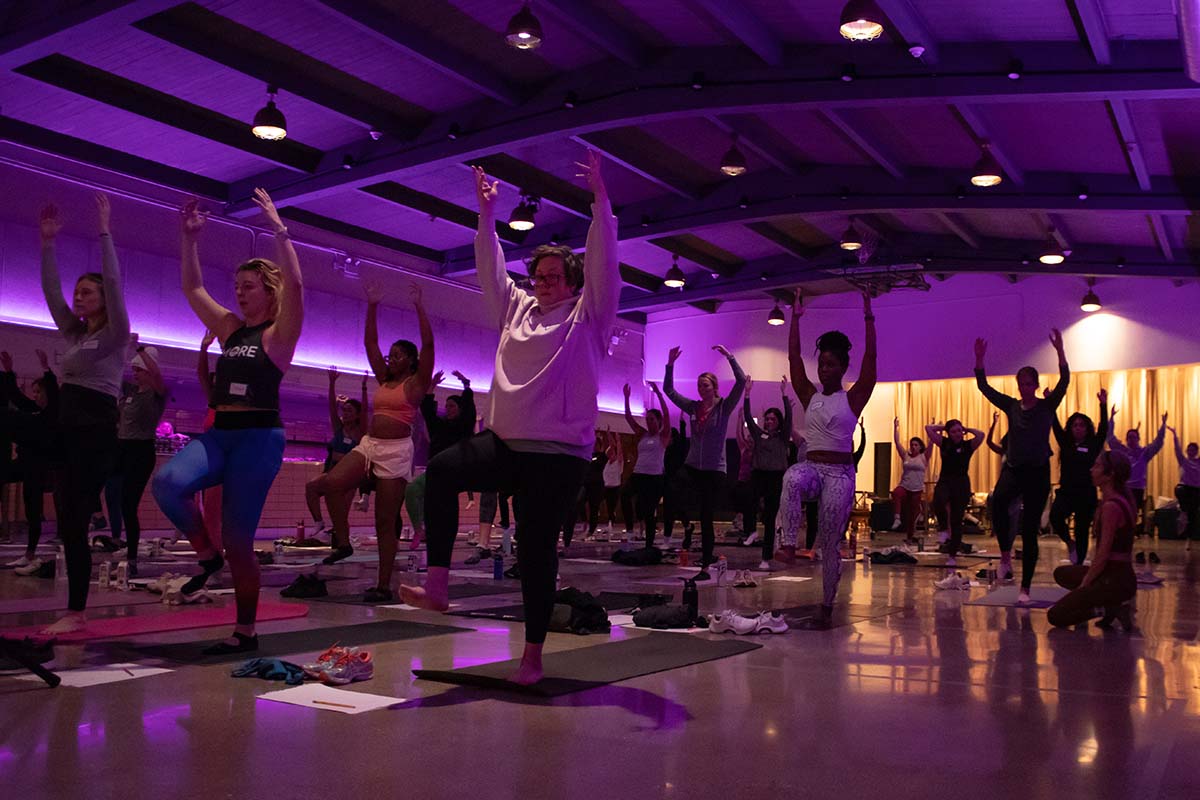
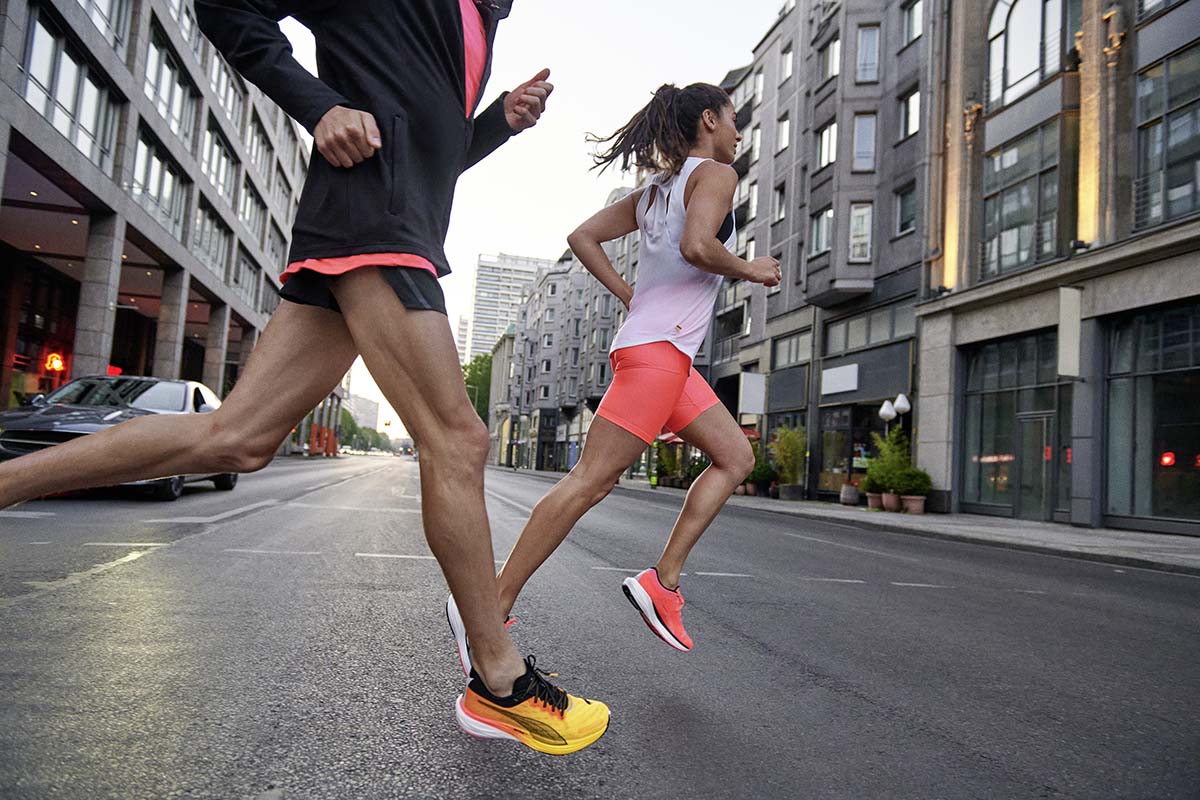
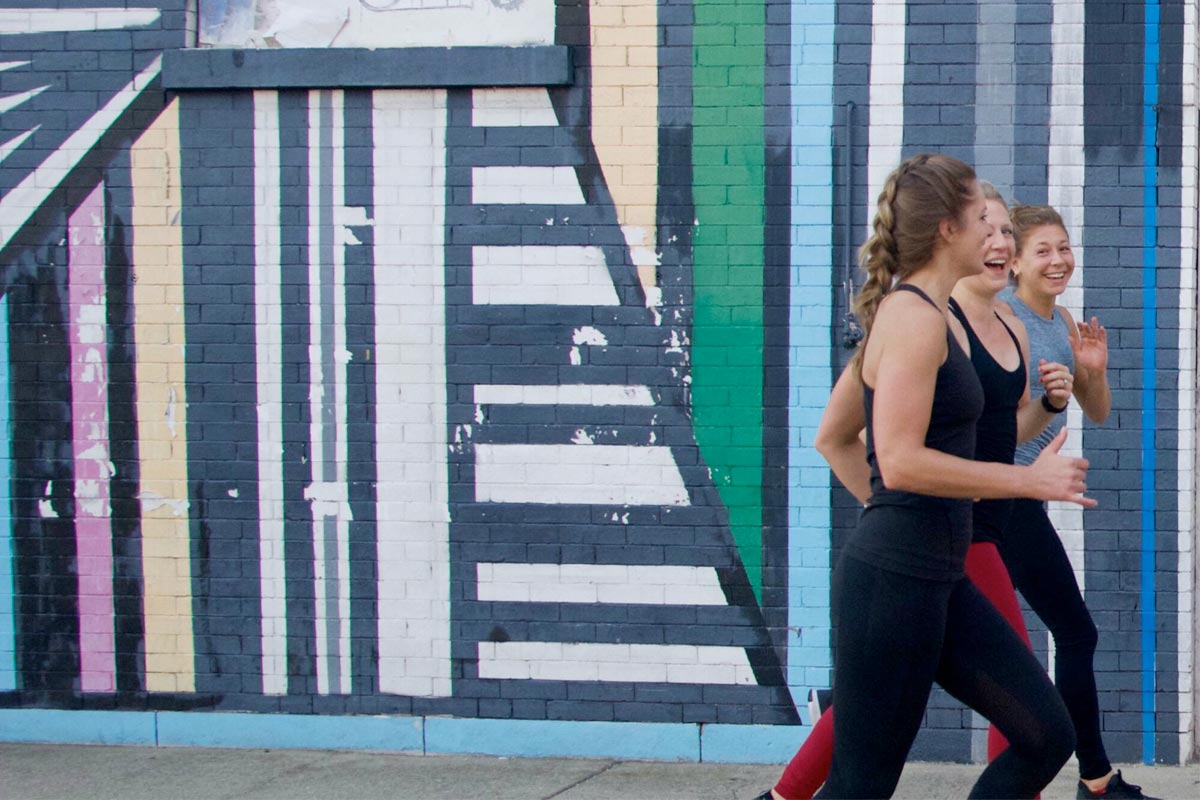
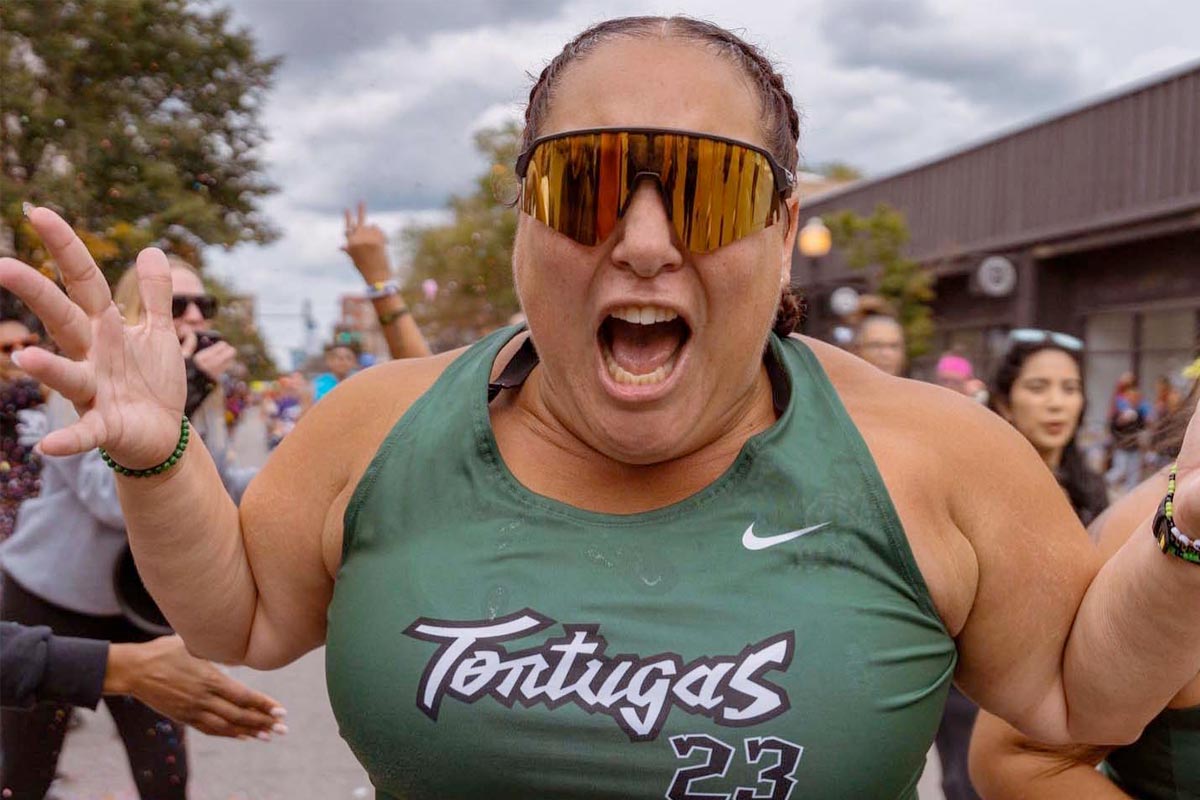



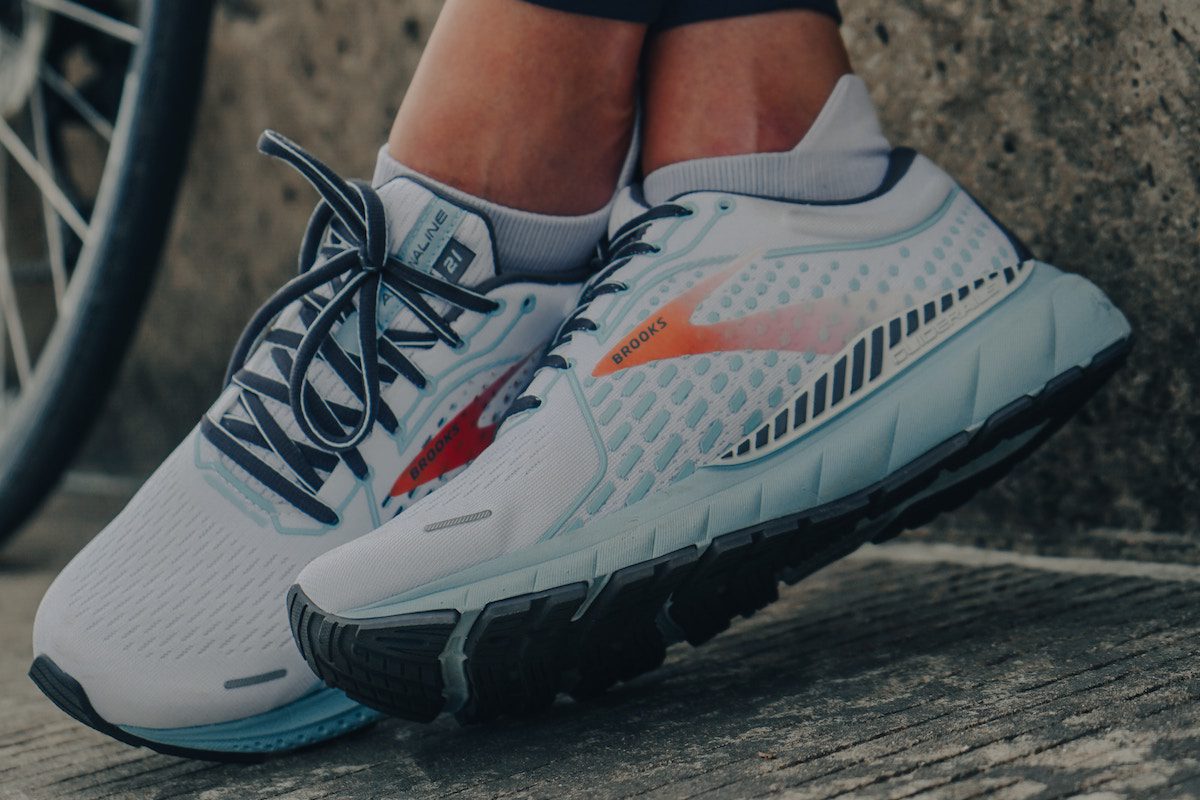

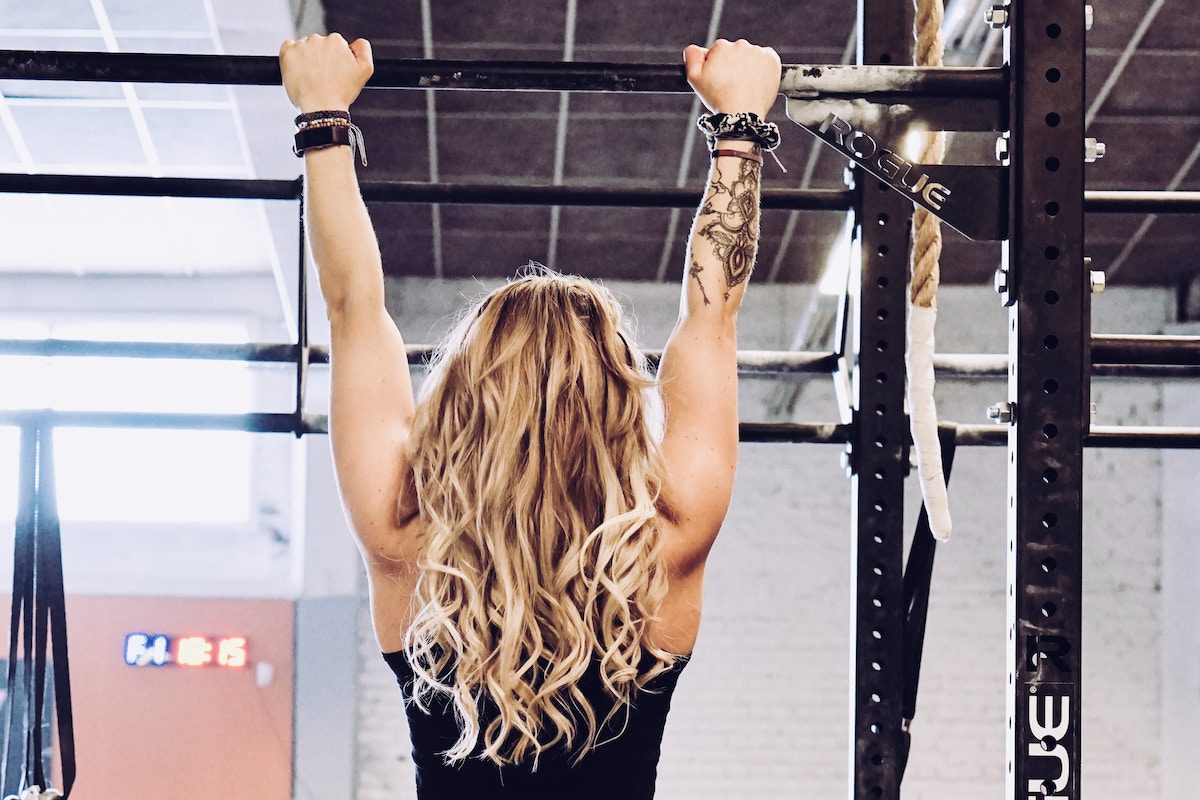
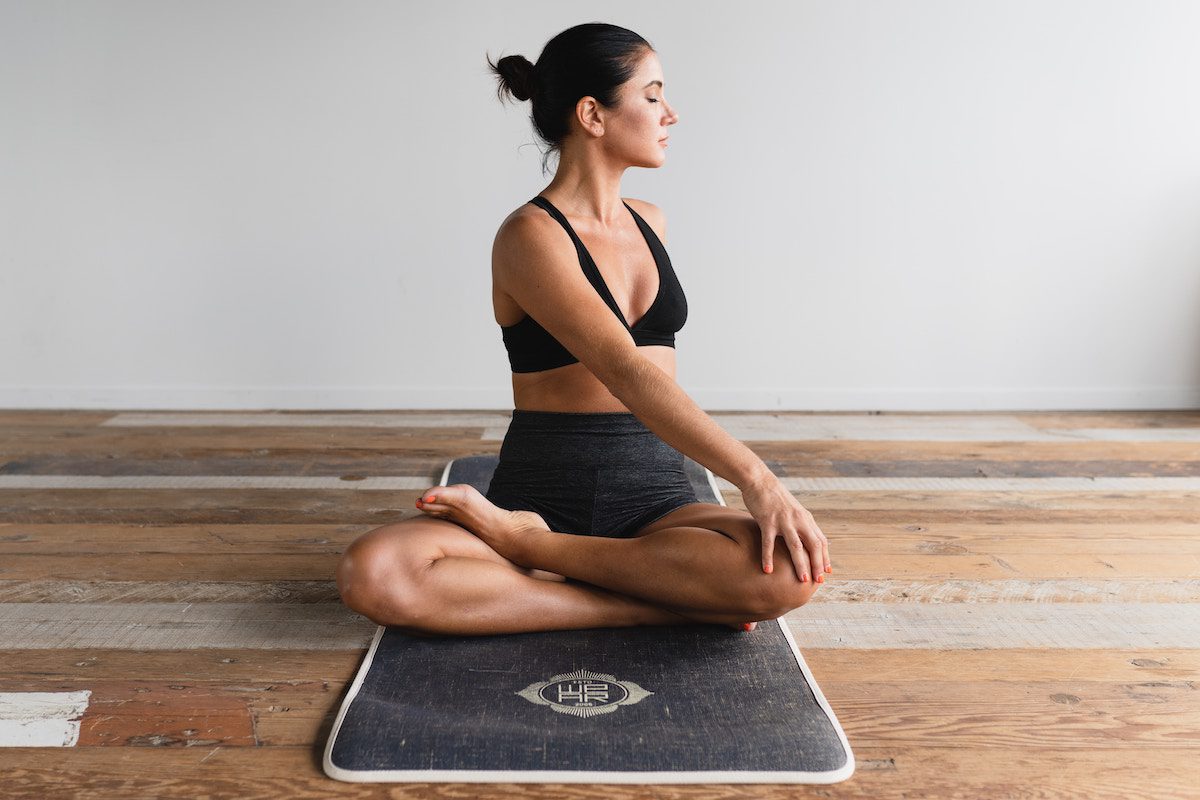
I love this post! I’ve been using my Fitbit Flex to track my sleep. Sleep tracking has completely changed my sleep routine/habits for the better!
Sleep tracking should be followed by everyone. Its a great practice. I started tracking before 3 months and It has a great effect on my health 🙂